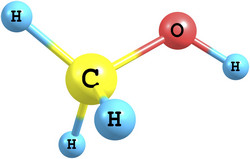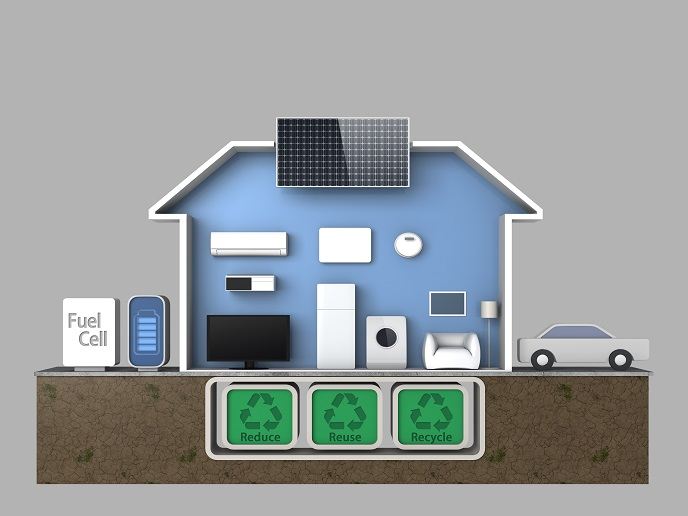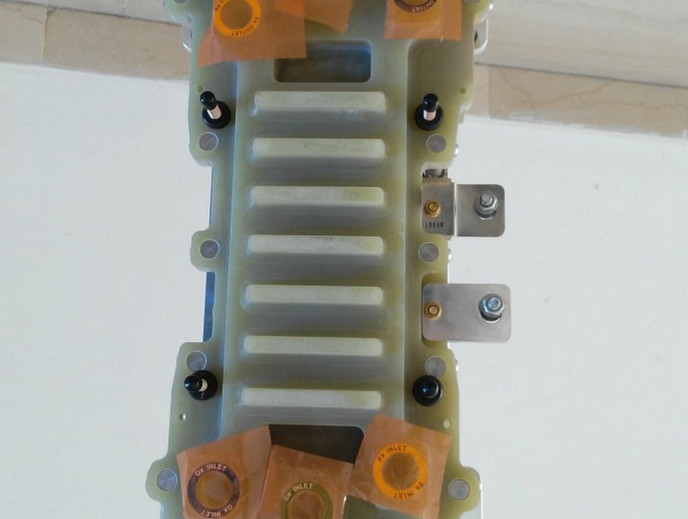New materials for efficient, low-cost methanol fuel cells
EU-funded scientists developed components to reduce stack costs and enhance performance and durability within the project DURAMET(opens in new window) (Improved durability and cost-effective components for new generation solid polymer electrolyte direct methanol fuel cells). Target applications are portable power sources and auxiliary power units (APUs) for stationary and mobile use. To adequately characterise the new materials and products, scientists developed accelerated ageing tests and test protocols. These are now available to the public through the project website. Researchers developed new cost-effective membranes for both low- and high-temperature operation. The new membranes feature high proton conductivity, low methanol cross-over and stability across a wide temperature range. Researchers' activities included membrane preparation, ex situ characterisation and scaling of the most promising membrane formulations for stack testing. Enhanced electrocatalysts with improved electrode kinetics reduced degradation, costs and expensive noble metal content. The newly developed composite anode electrocatalysts increased performance by approximately 20-30 % relative to commercial catalysts. Similar results were achieved with cathode catalyst materials. Modelling work was conducted to drive the search and optimisation of improved membrane electrode assembly formulations and stack operating conditions. Two types of small stacks were designed and tested: a monopolar configuration operating at low temperatures in a passive mode for portable applications and a bipolar configuration for high-temperature operation for APUs. The output powers of both stacks exceeded project targets. Researchers also conducted a cost analysis study to evaluate how the improvements in component materials can affect mass production of fuel cell stacks. Providing a cheap and stable supply of energy, direct methanol fuel cells appear to be a very promising battery replacement for portable applications and small-scale devices. Automotive industries can also install reliable and affordable APUs on special vehicles and trucks that will be more competitive compared with APUs based on small diesel generators. Project findings were disseminated through the project website, publications, conferences, workshops and a brochure.







